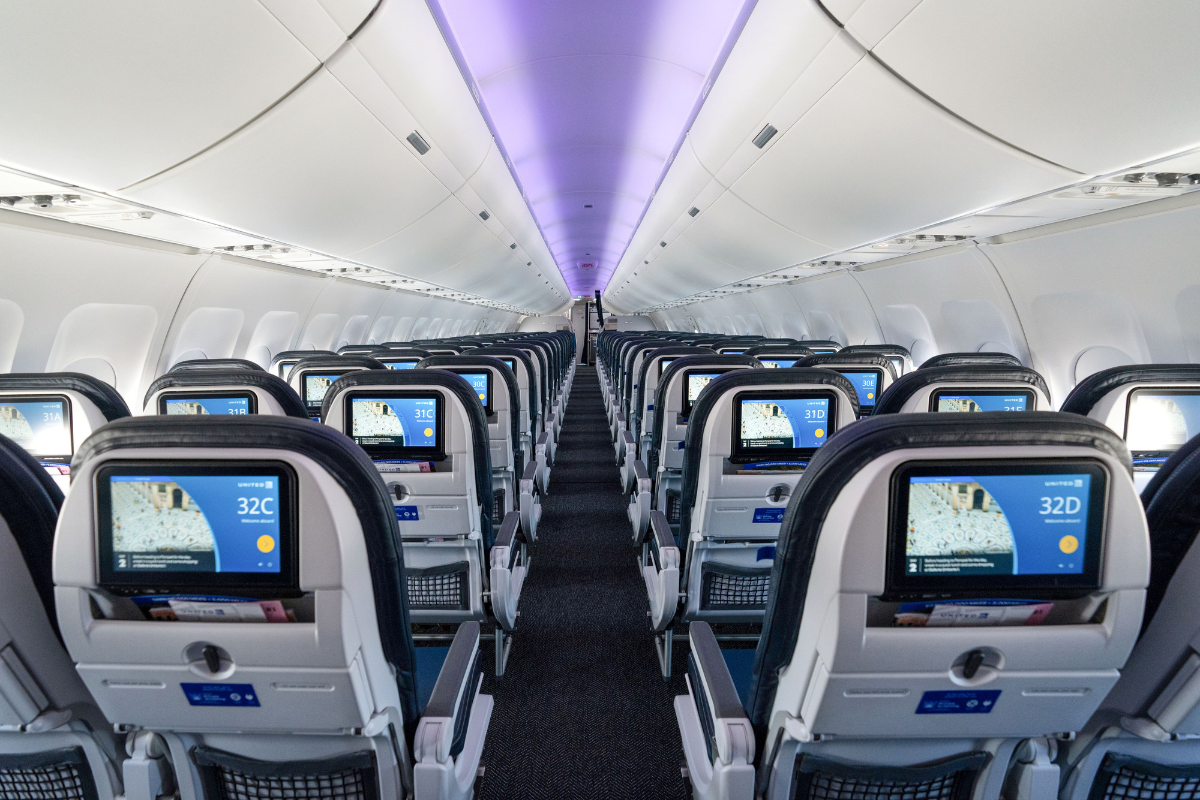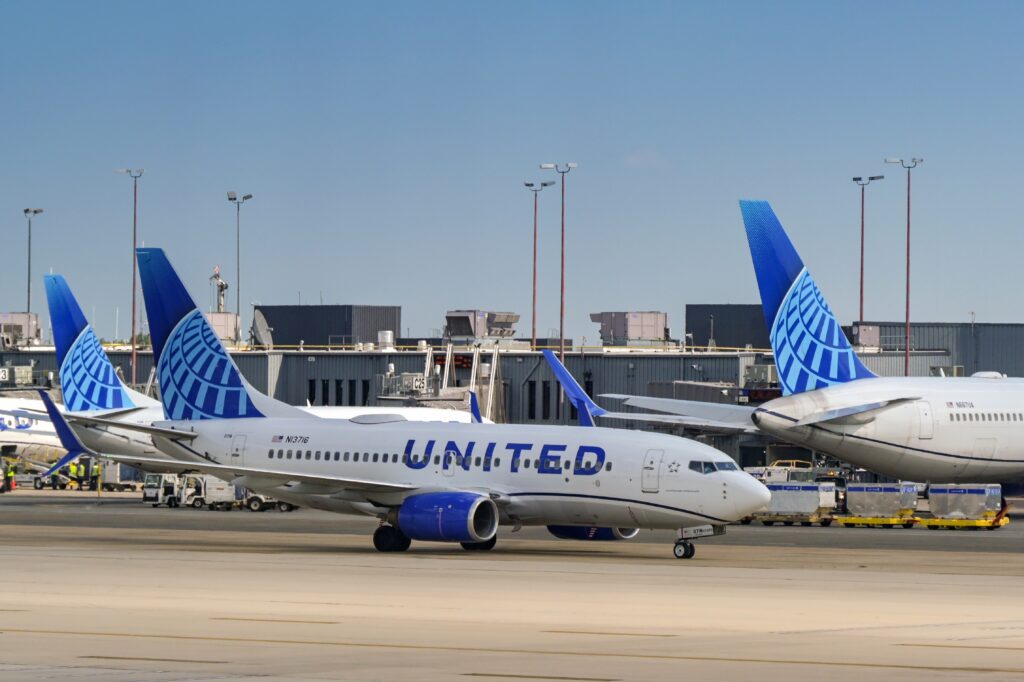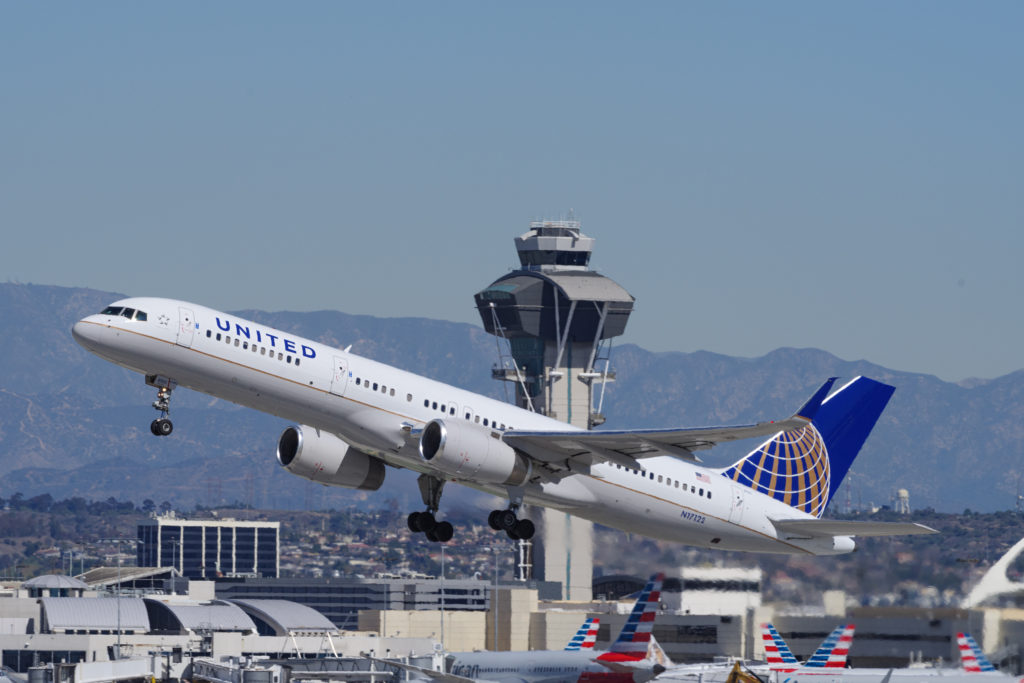
As protracted contract talks drag on, United Airlines has dropped a controversial plan to let artificial intelligence create flight attendant schedules, dictating where and when crew members work.
Flight attendants at the Chicago-based carrier have been attempting to negotiate an updated contract for more than three years since their agreement became amendable in 2021.

Since then, and despite the soaring cost of living, their wages have remained stagnant, and they won’t receive a pay raise until a new contract can be agreed upon.
One of the biggest roadblocks in reaching a deal has been United’s insistence on implementing a new scheduling process known as a preferential bidding system, which is already widely used at many other US carriers, including American Airlines and Delta.
What is a preferential bidding system?
A preferential bidding system, or PBS, allows flight attendants to bid for their preferred destinations, layovers, days off, and the aircraft they want to work on for the following month, as well as other factors like avoiding early morning reports or red-eye flights.

These bids are fed into a computer that uses various algorithms to balance the preferences of individual flight attendants against the airline’s operational needs, ensuring that all flights are properly staffed, even if it means not necessarily giving flight attendants exactly what they bid for.
In comparison, United currently uses a much older line bidding system, in which flight attendants bid in seniority order for pre-constructed trips.
Why is the union opposed to PBS?
The Association of Flight Attendants (AFA-CWA), which represents crew members at United, has long been opposed to PBS because it argues the system lacks transparency and makes it difficult for flight attendants to understand why their bids have not been awarded.
Both systems work on seniority, with veteran crew members having their bids awarded before junior coworkers, but the AFA believes a preferential system makes the disparity between veteran and junior crew members even worse.
For example, with United’s existing line bidding system, a junior flight attendant will be able to look at a ‘line’ (a pre-constructed trip) and tell pretty quickly whether they have any chance of holding their bid.
That means they can bid for lines that they are more likely to hold, allowing them to better balance their work and home life.
United has long insisted that PBS has to form part of the updated flight attendant contract, but on Friday, the crew union confirmed that this proposal had been dropped following a mediated session of negotiations between the two sides.
“The major news of this week’s mediated session is that the company withdrew their proposal on a Preferential Bidding System (PBS),” the union wrote in an update to flight attendants. This marks a major milestone and a significant step toward moving these negotiations forward to a conclusion,” the memo continued.
“This marks a major milestone and a significant step toward moving these negotiations forward to a conclusion”
AFA-CWA
“We want to thank all Flight Attendants for raising their voices during the Days of Action on this issue, as it played a significant role and definitely helped in supporting your Negotiating Committee at the bargaining table.”
What’s next in contract talks?
But while this change of heart from United does bring the two sides closer to an agreement, it looks like there’s still a long road ahead. Three weeks of continuous bargaining are set to begin next month, and it is during these negotiations that the issue of pay raises will be discussed.
Last October, it was revealed that the union was seeking an immediate 28% pay raise plus 4% pay raises for every year thereafter as part of an open-ended contract.
United Airlines almost immediately rejected the demand.
Do you think United Airlines has got it right by keeping a line bidding system?
Related
United Airlines Stokes Flight Attendant Anger After Accidentally Sending Details of Wage Increases Meant For Non-Union EmployeesIn "Airline News"
Forget Boarding Pay: United Airlines Flight Attendants Want to Be Paid For Every Hour They Spend at WorkIn "Airline News"
United Airlines Flight Attendants Warned Not to Take Illegal ‘Self-Help’ Action Over Holiday Travel Period as Contract Talks Drag OnIn "Airline News"
Mateusz Maszczynski honed his skills as an international flight attendant at the most prominent airline in the Middle East and has been flying ever since... most recently for a well known European airline. Matt is passionate about the aviation industry and has become an expert in passenger experience and human-centric stories. Always keeping an ear close to the ground, Matt's industry insights, analysis and news coverage is frequently relied upon by some of the biggest names in journalism.








PBS is not AI, in any sense. Clickbait.
And the AFA is wrong to oppose it, except to the extent they are trying to prioritize junior members over seniority.
As a now senior pilot at the same airline, PBS is one of the best improvements we have obtained, and we’ve had it since 2003.
By the same token, it is embarrassing that our airline has not yet reached a deal with our flight attendants – but I think the mediator’s pause at the end of 2024 is instructive.
@Oscar, when you say AFA is wrong to oppose it, let’s be clear that AFA IS the flight attendants…so YES..THEY oppose it. Let’s also not be disingenuous when we compare the pilots situation with the flight attendants. There is a serious lack of trust on the flight attendants’ part towards the company, based on experience. Schedule flexibility would be lost in mea ingful ways. They don’t want to surrender that to a company that has shown time and time again that they can’t be trusted to do the right thing with regards to scheduling. Furthermore, the company does not like to be held accountable for their errors. Until the culture changes, there will be no PBS.